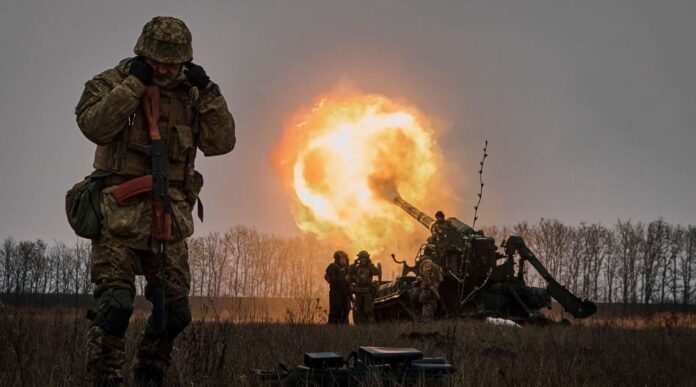In a statement that underscores the complex geopolitical dynamics between Russia and Ukraine, Kremlin spokesperson Dmitry Peskov has clarified Russia’s stance on Ukraine’s aspirations for international integration.
Peskov stated:
“This is the sovereign right of any country. We are talking about integration and economic processes, and here, of course, no one can dictate anything to any country. We’re not going to do that.”
However, Peskov drew a clear line when it comes to military alliances, particularly NATO:”But our stance on matters related to security, defense, or military alliances is completely different. There’s another issue there, and it’s well known to everyone.”
Also Read: Russia’s Covert Military Unit Targets NATO, Intelligence Warns
This remark comes at a time when Ukraine seeks closer ties with Western institutions, amidst ongoing tensions with Russia. While Russia appears to have no objections to Ukraine’s economic integration with the European Union, Peskov’s comments explicitly reject the prospect of Ukraine joining NATO, highlighting the security concerns Moscow has consistently voiced.
The differentiation between economic integration and military alliances in Peskov’s statement reflects the broader narrative of Russia’s foreign policy, which has historically viewed NATO expansion eastward as a direct threat to its national security.
As Ukraine navigates its path towards greater Western integration, the world watches closely, understanding that these comments from the Kremlin could play a significant role in shaping not only bilateral relations but also the broader European security architecture.
Key Points:
Russia’s Stance on Ukraine’s Integration: Kremlin spokesperson Dmitry Peskov acknowledges Ukraine’s right to join the EU.
Economic vs. Military Alliances: While Russia does not oppose Ukraine’s economic integration with the EU, it firmly opposes any NATO membership.
Security Concerns: Peskov highlights a significant difference in Russian policy towards economic processes versus military or defense alliances, with NATO being a red line.
Geopolitical Implications: This position reflects ongoing tensions and the complex relationship between Russia, Ukraine, and Western institutions.



